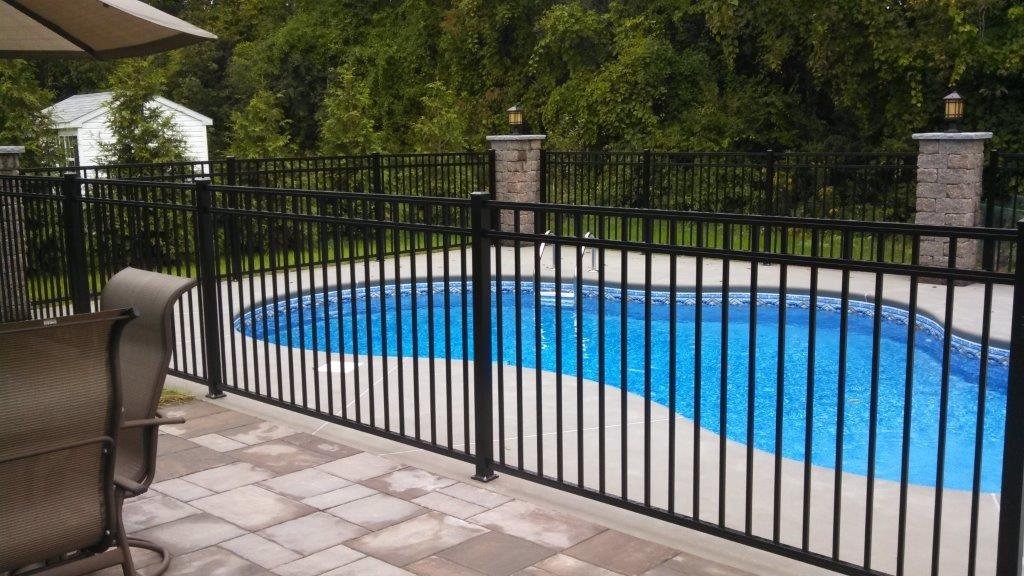Besides keeping your pool clean and germ free, through a regular treatment program, you must keep it safe by preventing accidents and reducing the risk of drowning. To do this, follow these safety tips in international pools:
- Surround your pool; preferably, use a fence around the pool and close access with a gate that can not be opened by children;
- Do Not run: Walk, the floors of the pools are slippery places. Be careful when entering so as to leave.
- Use the stairways, where available.
- Pay attention before diving. Many accidents are still caused by diving headfirst into shallow water. Just because a person dived before, does not mean it is safe to dive again.
- Respect your limitations. Only swim at depths where you feel comfortable or accompanied. Even though the pool has lifeguards, it is useful to keep a company.
- Avoid violent games in the pool. Play fights and even the ‘horse’ in the pool should be avoided. A hit head on pool walls can lead to unconsciousness and result in drowning.
- If you drink, do not enter the pool. Alcohol reduces your reflexes and can threaten your safety and the people who are with you in the pool.
- Keep Your Pool Clean and healthy, always take a shower before entering the pool.
- Never eat or drink in a pool.
- Use appropriate swimsuits. Avoid tailored clothes such as jeans and cut especially disposable diapers. If the baby has problems and contaminate the water, observe the action of a shock treatment.
- Attention to the risks of suction: The water in swimming pools is constantly pumped through the filtering system. This means that water is constantly being ‘pushed’ to the filter, often through holes located beneath the water level. These openings can pull your hair and keep it submerged to drowning. People with long hair should be especially alert to this risk and the use of caps is recommended. Legs and arms may occasionally get stuck in these suction holes, so it’s not safe to play near them. Use in your pool guardrails at the point of suction, which avoid this problem.
- Attention to the submerged traps: Many pools utensils can hold a person underwater. Some stairways have small spaces that can trap a child. Note that all the ‘holes’ in your pool or are too small or too large, so they could hold a child.
- Attention to the broken utensils and sharp edges: Broken Appliances (slides, ladders, etc.), holes in the floor of the pool and sharp edges can cause cuts and bruises. Repair any problem that may present a risk to bathers.
- Children and Pools – Special attention: Even though attending pools is very important for the physical development of a child and that swimming is one of the most complete exercise for all ages, one must be aware that a child can drown very quickly, in any depth of water. Children need constant supervision from an adult when they are inside or near a pool. For maximum safety of children in pools, we recommend: Learn to swim and teach your children as well. This measurement is most recommended for use in swimming pools. NEVER A child must remain in the pool without notice.
- Keep a phone near the pool to trigger the fire department in an emergency. Looking for training in resuscitation techniques and mouth-to-mouth. In addition to surround your pool, make sure that no furniture is near and facilitate overtaking the fence for kids.
- Always keep basic lifesaving equipment near the pool and learn how to use it. Flotation rings and ropes are especially recommended.
- Keep toys away from the pool – remember that toys attract children. The first place to check when a child is missing is the in the pool, especially the bottom.
- Flotation rings are important but there are no substitute for an adult supervision. Flotation rings can be empty, and even slipping, leaving the child in a dangerous situation.
Eagle Pools Services want you to safely enjoy your pool!

